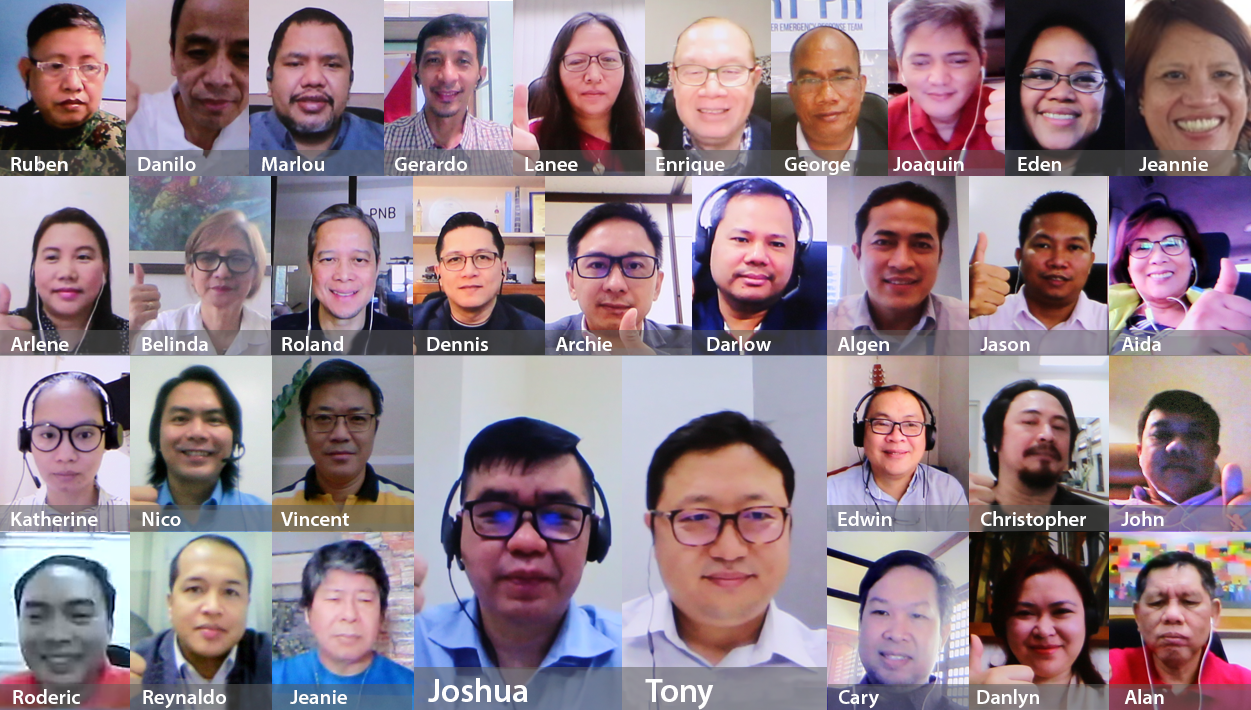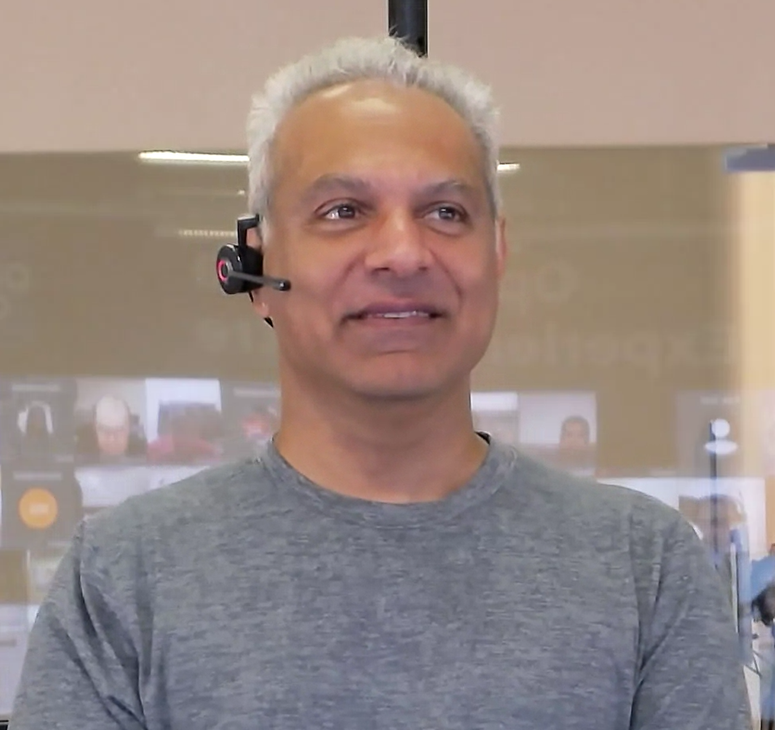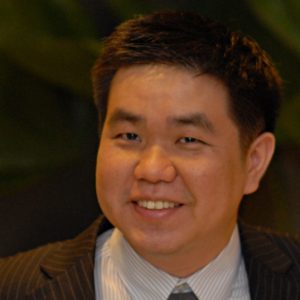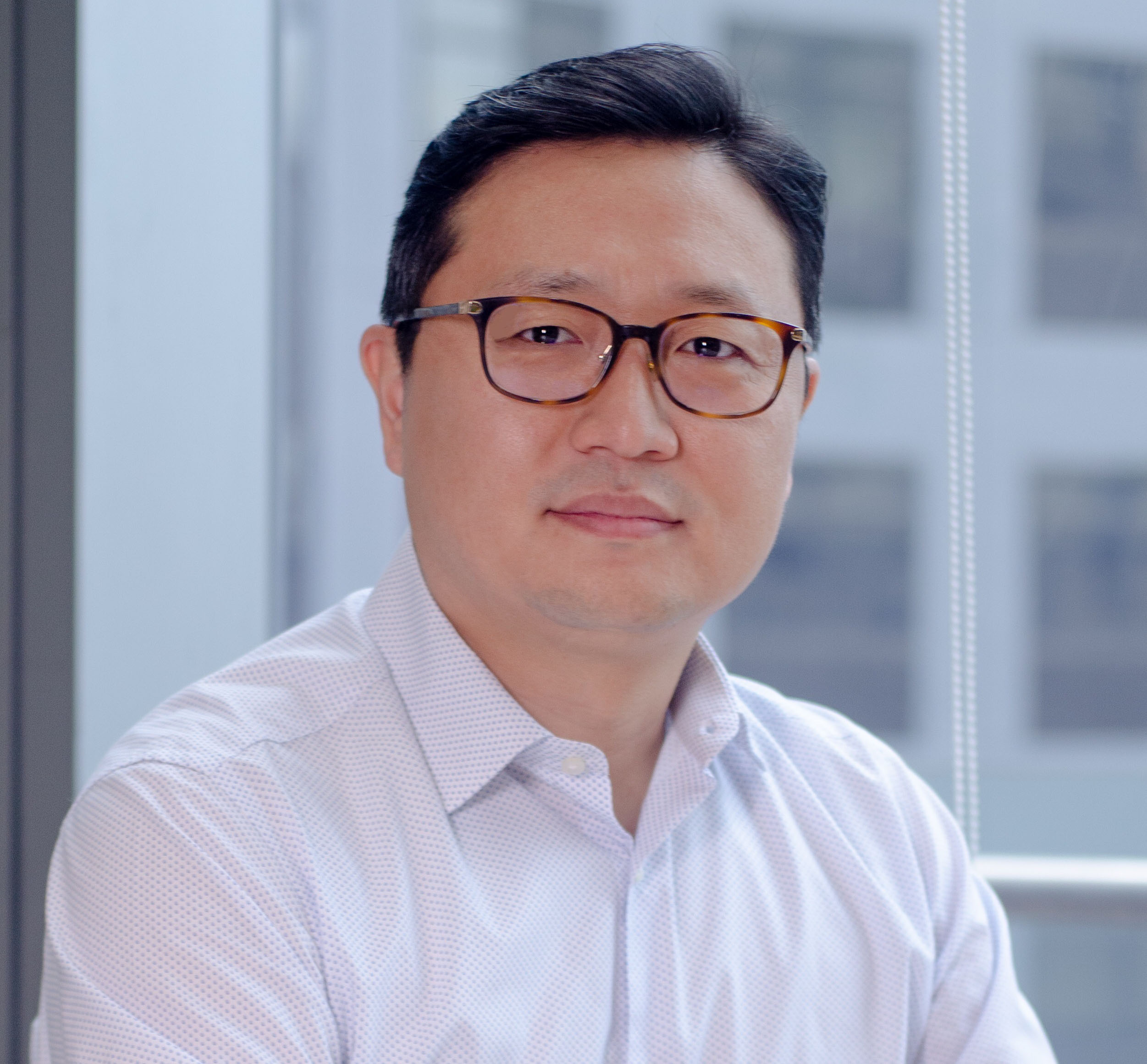
The Philippines is among the countries who were the hardest hit by the COVID-19 pandemic. It forced organisations, especially in the public sector, to adopt and deploy technologies rapidly to meet the demands of a post-pandemic world.
In this digital age and the new normal, there is increased dependence on cloud and service providers. However, these data storage and management models have wide-ranging and, often, unclear data security levels. This has become a big challenge for organisations today.
To help our digital executives address the constraints and complexities and simplify their data management systems, OpenGov Asia organised an OpenGovLive! Virtual Breakfast Insight with delegates from the Philippines public sector on 20 November 2020.
The insight witnessed 100% attendance from the registered delegates who whole-heartedly participated with a high level of engagement.
Citizens are becoming increasingly tech-savvy with higher expectations

The session was opened by Mohit Sagar, Group Managing Director and Editor-in-Chief, OpenGov Asia, with a quick round of introductions and overview of the time ahead.
Mohit pointed out that the new normal and the rapid digital transformation of all sectors of society, citizens are becoming increasingly tech-savvy with higher expectations. As a result, the demand for efficient and quick citizen-service delivery from the public sector is on the rise.
Comprehensive and rapid transformation combined with greater demand poses significant challenges for the public sector.
With digital citizen expecting effective and reliable 24×7-services a mouse-click away, public agencies need to be able to continuously transform, upgrade and secure delivery mechanisms.
In conclusion, Mohit advised delegates to not try and do everything on their own as, often, this results in poor quality and limited outcomes. Public sector agencies would be wise to partner with the right people who can help them transform quickly and deliver effectively.
Transforming amid the pandemic was exceptionally difficult for the public sector

After Mohit’s presentation, Joshua Au, Head, Data Center, Agency for Science, Technology, and research shared his insights.
Joshua acknowledged that the pandemic took everyone by surprise – its magnitude was far beyond what people had imagined. No one was prepared to deal with the sheer scale and scope of COVID-19. None the less, organisations that were already on their digital transformation journey were able to tackle it better than the rest.
Furthering Mohit’s point, he agreed that this time has been exceptionally difficult for public sector agencies. They had to continue delivering normal citizen-services while catering to the additional needs the pandemic had created. Managing a wide range of stakeholders with limited funds and, often, with constrained digital infrastructure at their disposal, was a colossal undertaking.
Delivering urgent assistance, coping with stay-at-home orders and managing lockdowns while migrating online and simultaneously ensuring digital and physical safety and security was no small task. The public sector had to push itself to do something exceptional.
Joshua pointed out that making a rapid transformation, on any given day in the best of circumstances, is a herculean task for public sector agencies. Not only because they do not have sufficient infrastructure but also because they do not have the business savviness of an enterprise. Their primary goal is the serve the citizens and ensure their wellbeing.
He concluded his presentation by urging the delegates to think outside the box and go beyond what they have been doing to adapt to the new normal.
The rapid digitisation has led to more complexity in data centre ecosystem

After Joshua’s insightful and challenging presentation, Tony Kang’s, Business Vice President, Secure Power, Schneider Electric Philippines, offered his perspectives.
After briefly introducing the origins of Schneider, Tony reiterated that digital transformation must be the top and most critical priority of all organisations. This is closely followed by data security and customer experience.
The pressure to digitise everything at such a quick pace leads to a lot of complexity in the data centre ecosystem. Connecting all the devices in the local edge, regional edge and a centralised location can be cumbersome and confusing for organisations. The situation is exacerbated and complicated as the ecosystem expands further.
Schneider’s eco structure, an open IoT enabled system architecture platform for offices and data centres, helps connect and control apps and analytics.
In closing, Tony encouraged the delegates to reach out to the Schneider team to can help them overcome some of these challenges.
After the speaker presentations, Mohit engaged the audience in an interactive Q&A session.
On the first question about current plans for IT expansion and deployments in near future, most of the delegates voted that they plan to deploy hybrid IT infrastructure leveraging on cloud while still deploying on-premise data centres (75%)
A senior delegate from the Department of Health shared the sensitive nature of the data they collect does not allow them to store all their data on cloud. They have to maintain an on-premise data centre in addition to the cloud.
On the next question about the importance of data centre modernisation and local edge computing, a major chunk of the audience voted that it is very important to them and they are currently undergoing transformation (68%).
An executive from the banking industry shared that digital transformation is the topmost priority of banks today and, keeping that in mind, they are also undergoing digital transformation actively.
On the final question about the most important factor when choosing solutions for your IT physical infrastructure most of the delegates voted for product reliability and efficiency (72%).
A delegate from a government agency in the Philippines shared that factors like after-sale services, delivery time, price etc. are all important to consider but the primary factor of consideration is quality – and it should never be compromised.
After the interactive discussion session, Tony addressed the audience to bring the Breakfast Insight to a close.
He shared that Schneider is dedicated to rigorous research and development to produce the best possible products and solutions for its customers.
He thanked the speakers for sharing their insights and the delegates talking about their pain points and challenges. He was confident that such discussion and debate would go a long way in understanding and solving their problems.
Tony urged them to reach out to him and the Schneider team continue to talk through their digital transformation journey.
















